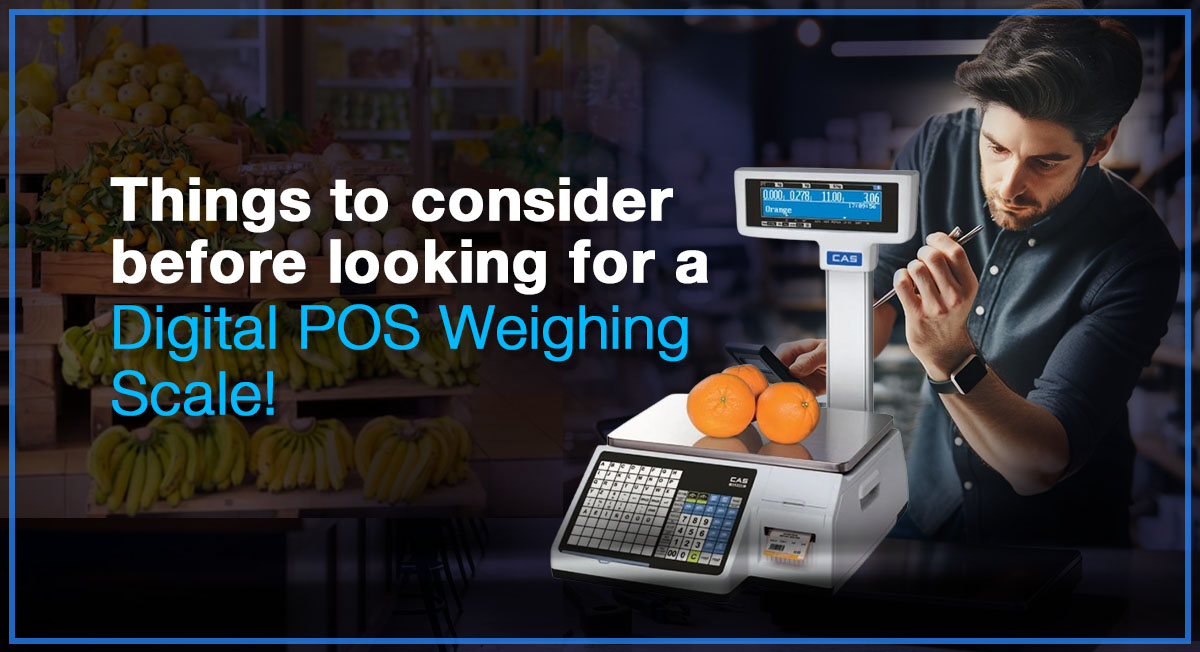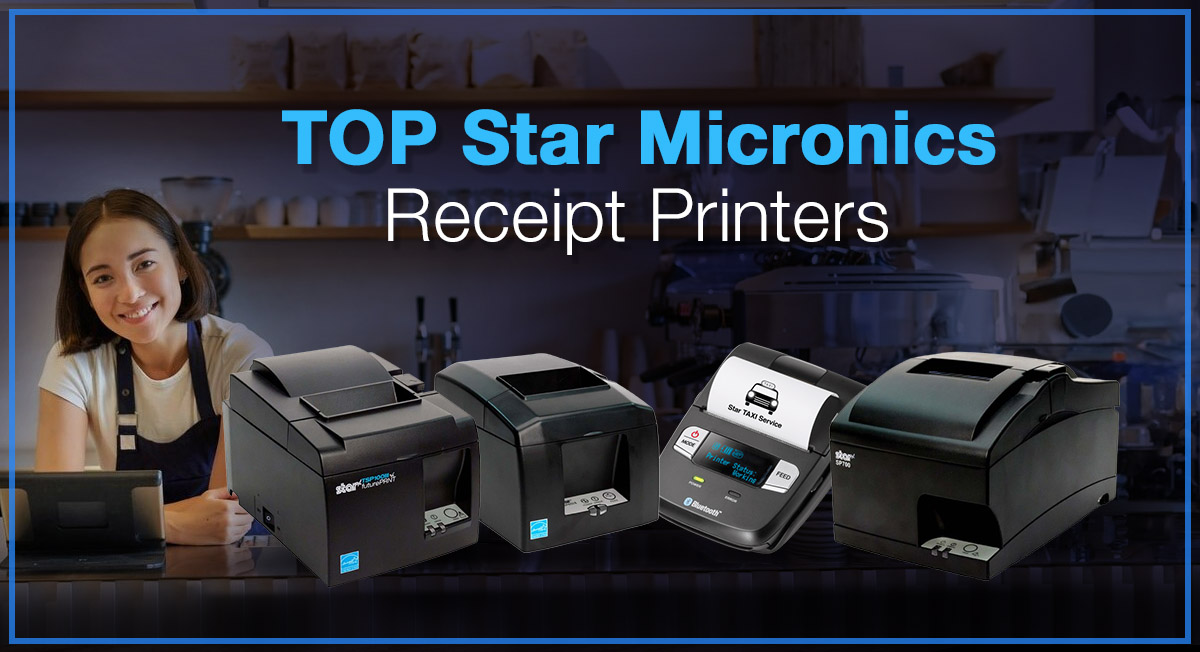Things to consider before looking for a Digital POS Weighing Scale!

Published by - Mahesh Gupta on September 30, 2024 Guide
When choosing a digital scale, there are several factors to consider to ensure it fits your needs. Here are key points to think about before making a purchase:
Purpose of the Scale
- Weight Measurement: Are you using the scale for goods weight, kitchen ingredients, or another specific task (e.g., mailing, jewelry)?
- Precision: Different scales offer varying levels of precision. For instance, kitchen scales may need higher accuracy (down to grams or ounces), while body scales typically don’t require such detail.
Capacity
- Maximum Weight Limit: Make sure the scale can handle the weight range you need. For retail store weighing scales, check for a limit (e.g., 5-60 kg or more), while kitchen scales typically measure lower capacities.
- Minimum Weight Sensitivity: For specific tasks like baking or measuring small items, ensure the scale can detect light weights (like grams or milligrams).
Accuracy and Calibration
- Accuracy: Look for reviews or specifications about how accurate the scale is. Precision is key, especially for scales used for cooking, medicine, or scientific tasks.
- Calibration: Some scales come pre-calibrated, while others may require periodic recalibration. Check if the scale has an auto-calibration feature or if it requires manual recalibration.
Measurement Units
- Unit Versatility: Choose a scale that supports multiple units of measurement (e.g., grams, kilograms, ounces, pounds). This is important if you deal with different types of measurements frequently.
Display Features
- Readability: Ensure the display is easy to read, especially in low light or from different angles.
- Backlight: A backlit display can make it easier to read numbers in various lighting conditions.
- Size of Display: Some scales have larger displays, which are easier to read from a distance.
Power Source
- Battery vs. Rechargeable: Some scales run on disposable batteries (AA, AAA), while others may be rechargeable.
- Auto Shut-off: Look for a feature that turns the scale off automatically to conserve battery life.
Build and Design
- Durability: A solid construction, made from materials like tempered glass or stainless steel, ensures longevity.
- Size: Consider the physical size of the scale, especially if you have limited space or need to transport it.
- Waterproofing: For kitchen or bathroom scales, check if the scale is water-resistant or easy to clean.
Additional Features
- Tare Function: This allows you to subtract the weight of a container, which is useful when weighing ingredients or objects in a bowl or container.
- Bluetooth/Smart Connectivity: Some scales come with smart features like Bluetooth or Wi-Fi, which sync data with an app for tracking purposes (e.g., body weight tracking, fitness apps).
- Memory: Some body scales store multiple users’ data or have memory recall to track progress.
Price
- Compare prices and features. Often, higher-priced scales come with more advanced features, but there may be budget-friendly options with just the essential functions you need.
Brand Reputation and Reviews
- Reliability: Check the reputation of the brand and user reviews for insights into long-term reliability and accuracy.
- Warranty: A good warranty can give you peace of mind if there are issues with accuracy or durability over time.
Portability
- If you need to move the scale around often, ensure it’s lightweight and has a compact design.



